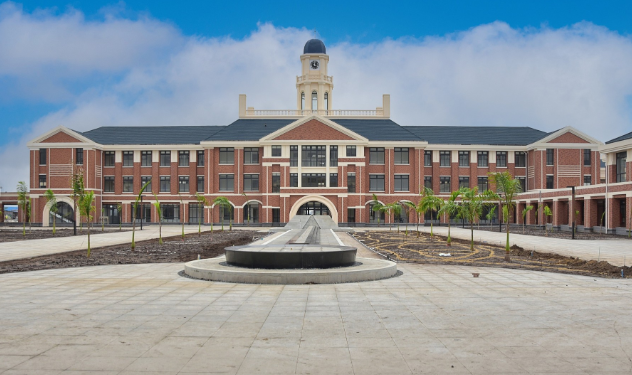Charterhouse, a prestigious British independent school located in the upscale Lekki area of Lagos State, has stirred fresh controversy over its exorbitant fees, drawing widespread criticism from Nigerians on social media.
The school, a member of the Charterhouse Family of Schools renowned for its 400-year legacy in British education, opened its Lagos campus in September 2024 for pupils in Year 1 to Year 6. Despite its elite status, the school’s high fees have reignited debates about accessibility and inequality in Nigeria’s educational sector.
Previously criticized in April 2024 for charging up to N42 million per year, alongside a N2 million non-refundable registration fee, Charterhouse’s fees have been labeled unaffordable for the average Nigerian. The conversation flared up again following a viral video on X.com, shared by user #itzbasito, claiming the school costs N42 million annually. However, the school clarified that tuition and accommodation fees total less than N30 million, a figure still considered exorbitant by many.
One user, #TheWaleOrire, called for government intervention, stating, “There’s absolutely no reason why any secondary school in Nigeria should charge N42 million per year… Education should be a right, not a luxury.” Others echoed concerns about widening class divides and the inaccessibility of quality education for most Nigerians.
Some critics dismissed the perceived value of the fees. #SandraAdaeze4 remarked, “N30 million a year only to share a room with three others,” while #citiii added, “For that amount, every student should have a private room.”
Conversely, a few defended the fees, arguing the school caters to an elite market. #Treazyblaq noted, “If they can afford it, why not? These schools offer more than education; they’re an investment in networking and future opportunities.”
Charterhouse’s website outlines a tiered fee structure, with tuition starting at N16.1 million for Years 1–2 and rising to N24 million for Year 9. Boarding costs range from N5 million for weekly options to N7 million for full boarding annually.
The debate underscores the growing disparity in Nigeria’s educational system, as some call for reforms to ensure education remains a universal right rather than a privilege.
























